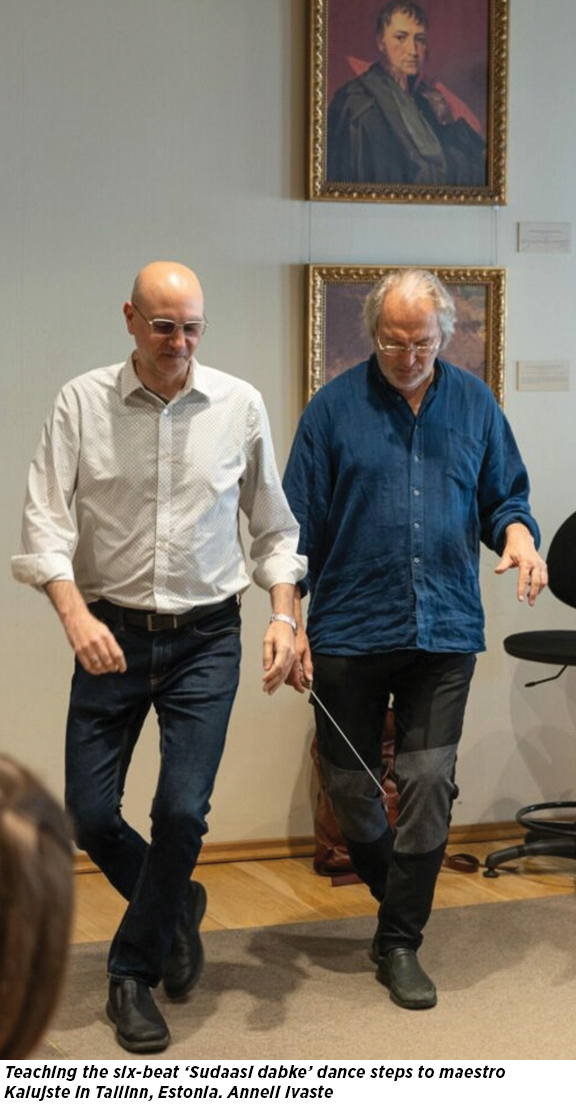Composed 2014; 7 minutes
 Steeped in the musical traditions of the Near East and trained in Western concert music and jazz, Syrian-American Kareem Roustom describes himself as a “musically bilingual” composer. He was born in Syria to an American mother and Syrian father and moved to Wareham, Mass. with his family in 2008. He teaches composition as Professor of the Practice in the Department of Music at Tufts University. The Emmy-nominated composer, with more than 20 film scores, has a growing catalog of concert works which are played internationally. Dabke has been performed by orchestras in the U.S., Germany, Chile, Malaysia and beyond, and was recorded by London’s Philharmonia Orchestra. Roustom performs as clarinetist with the Silkroad Ensemble and leads his own bands Hewar and the Kinan Azmeh CityBand.
Steeped in the musical traditions of the Near East and trained in Western concert music and jazz, Syrian-American Kareem Roustom describes himself as a “musically bilingual” composer. He was born in Syria to an American mother and Syrian father and moved to Wareham, Mass. with his family in 2008. He teaches composition as Professor of the Practice in the Department of Music at Tufts University. The Emmy-nominated composer, with more than 20 film scores, has a growing catalog of concert works which are played internationally. Dabke has been performed by orchestras in the U.S., Germany, Chile, Malaysia and beyond, and was recorded by London’s Philharmonia Orchestra. Roustom performs as clarinetist with the Silkroad Ensemble and leads his own bands Hewar and the Kinan Azmeh CityBand.
Dabke began life as the third movement of A Voice Exclaiming, commissioned by the Kronos Quartet in 2013 for triple string quartet. The short piece draws together string orchestra and the folk dance of its title – a festive line dance found throughout Jordan, Palestine, Lebanon and Syria. There are many variants of the dance and its accompanying rhythms. At the beginning of the piece, we hear a six-beat rhythmic pattern called sudaasi played pizzicato by all the strings. This becomes the heartbeat of the piece as it picks up energy and becomes surrounded by driving sixteenths. More forward propulsion is added by a silvery recitation from solo violin and cello, the cello doubling violin harmonics. The rhythmic sudaasi generates additional dance rhythms associated with the dabke, much as the leader of the dance line, the hawaash, directs the movement of the dancers behind him as they are propelled forward to a dynamic conclusion.